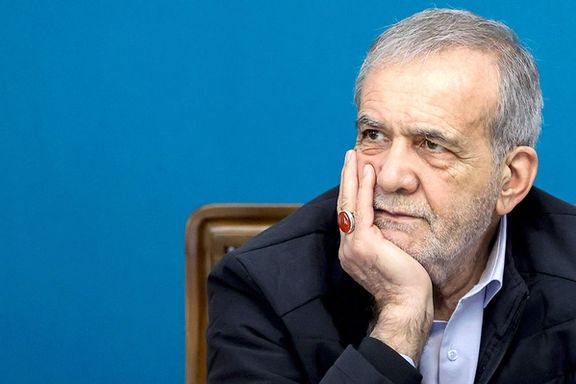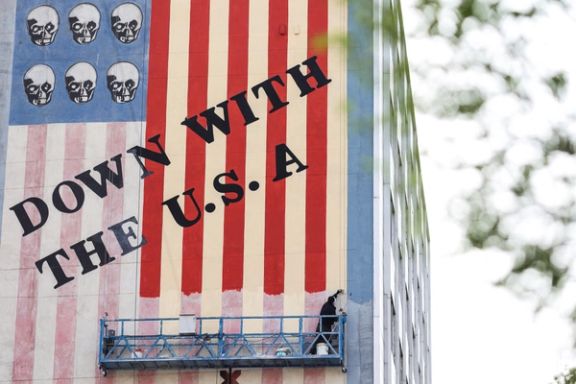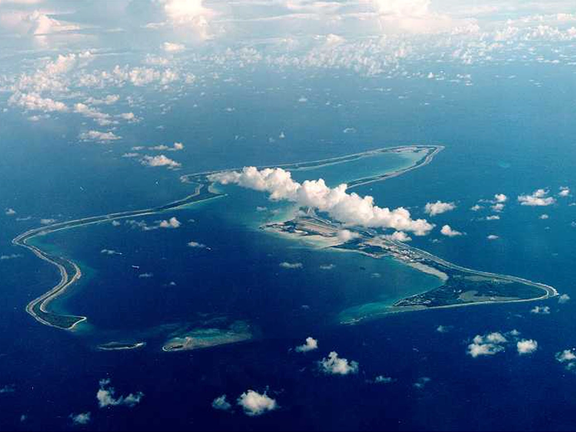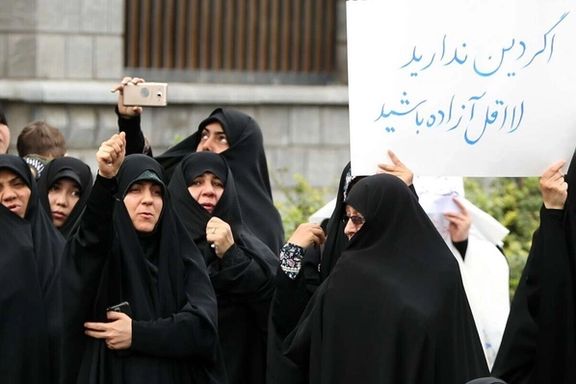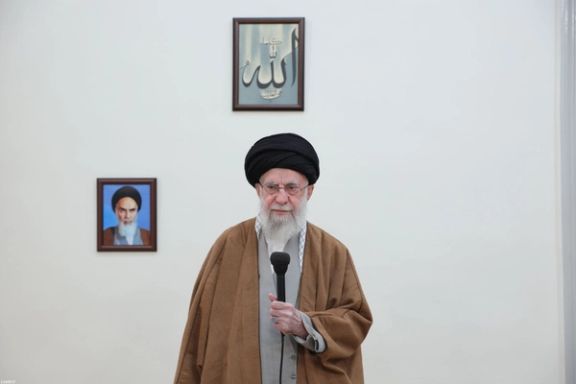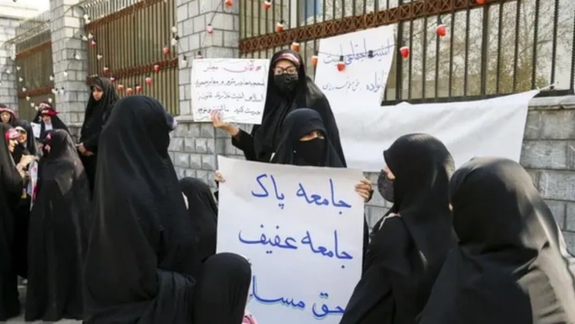The ministry said in a statement that keeping diplomatic processes private best serves national interests.
Also on Sunday, government spokeswoman Fatemeh Mohajerani reiterated that "Iran's response to the sent letter was prepared and delivered."
Writing on social media platform X, Mohajerani added, "In this regard, the path of indirect negotiations with the United States is on the agenda, and the diplomatic process continues."
The confirmation follows reports from Iranian officials detailing Tehran's response to a recent letter from US President Donald Trump, which, according to Iranian sources, reiterated long-standing positions, rejecting key US demands regarding its nuclear and missile programs, as well as its regional alliances.
While the specifics of the exchanged letters remain confidential, in line with the Foreign Ministry's statement, Iranian officials have offered insights into Tehran's stance.
Foreign Minister Abbas Araghchi confirmed earlier in the week that Iran's official response to Trump's letter had been conveyed appropriately via Oman, a traditional mediator between the two adversaries.
Araghchi reiterated Iran's unwillingness to engage in direct negotiations under what it describes as maximum pressure and military threats, though he noted that indirect talks could continue, as they had in the past.
Ahmad Bakhshayesh Ardestani, a member of the Iranian parliament's National Security and Foreign Policy Committee, also said that Iran had informed the US of its willingness to discuss the nuclear issue, but only through indirect channels and based on the framework of the 2015 nuclear deal, officially known as the Joint Comprehensive Plan of Action (JCPOA).
According to Ardestani, Iran's response rejected any discussion of its ballistic missile capabilities, which Tehran considers a matter of national defense and non-negotiable.
Similarly, Iran has pushed back against US efforts to curb its backing of regional groups, asserting that these relationships are based on bilateral agreements and that these allies are independent actors, he added.
"Given that Iran has no intention of acquiring an atomic bomb, as nuclear weapons have no place in our defense strategy, we are prepared to negotiate on this matter. However, discussions on other subjects are not on the table," he said.
On Saturday, the New Arab, citing anonymous Iranian sources, reported that Tehran's response mirrored the tone and structure of Trump's message, rejecting demands viewed as unreasonable.
The outlet said that Iran emphasized any nuclear talks must adhere to the original terms of the JCPOA and be based on mutual respect, resisting any attempts to broaden the scope of negotiations or impose new restrictions.
While Trump has said that a new agreement should guarantee that Tehran never acquires nuclear weapons, the JCPOA allowed limited uranium enrichment, which in the future can provide the technical means to obtain fissile material.
Regarding the mediators of the correspondence, Ardestani said that the US bypassed Oman, Switzerland, and Japan this time, possibly due to past unsuccessful attempts, and instead used the UAE, perhaps reflecting a more forceful tone. However, Iran delivered its reply via Oma, signaling its preference for a country it sees as more neutral.
Ardestani added that while the UAE received a copy, Oman is the messenger, likely due to Iran's higher level of trust.
The diplomatic overture unfolds against the backdrop of Trump's reimposition of a "maximum pressure" campaign in February, aiming to halt Iran's oil exports and force a broader deal encompassing its nuclear and missile programs, as well as its regional influence.
Trump has issued a two-month deadline for a new nuclear agreement, threatening military consequences if Tehran fails to comply. It remains unclear if Washington would accept indirect talks that from past experience could drag on for years.
